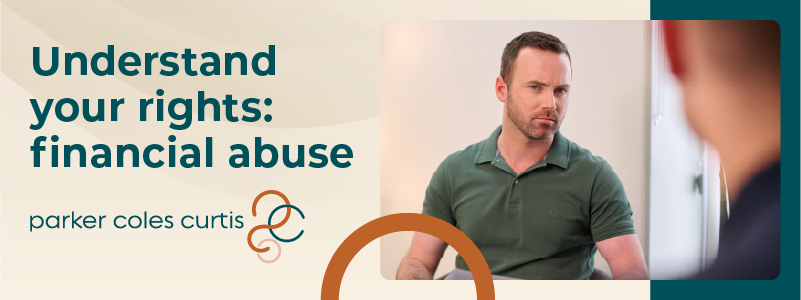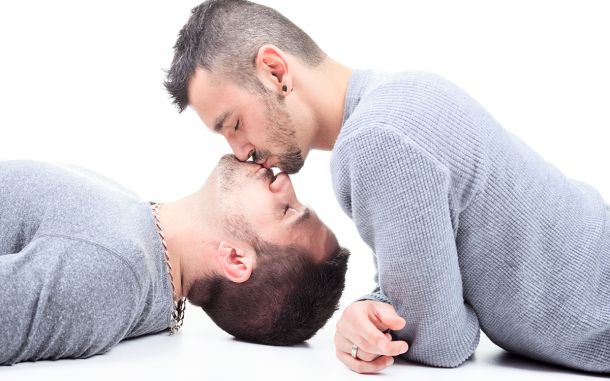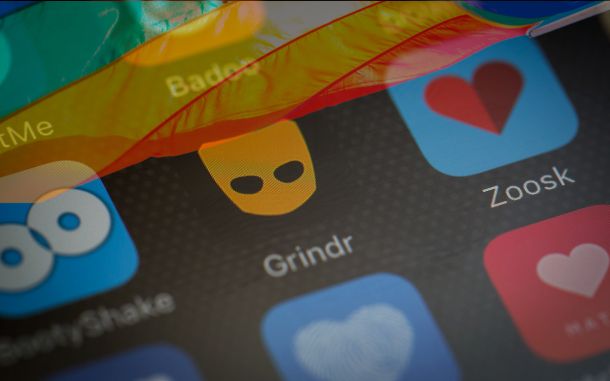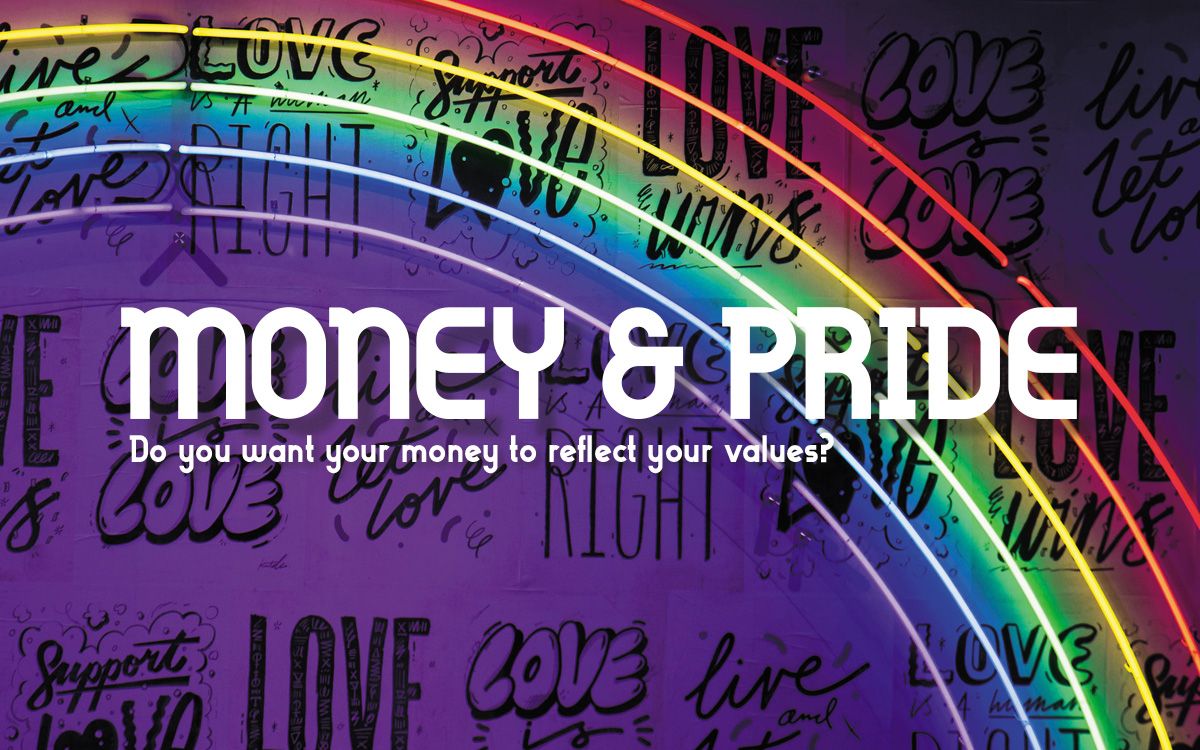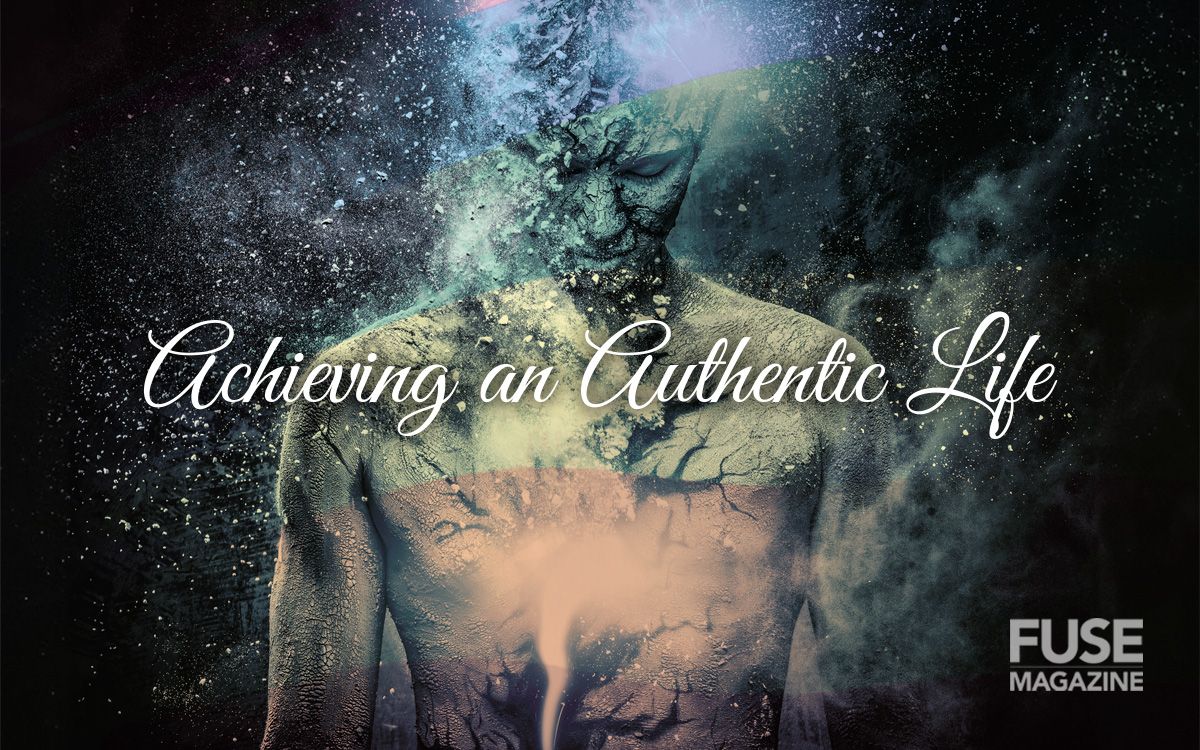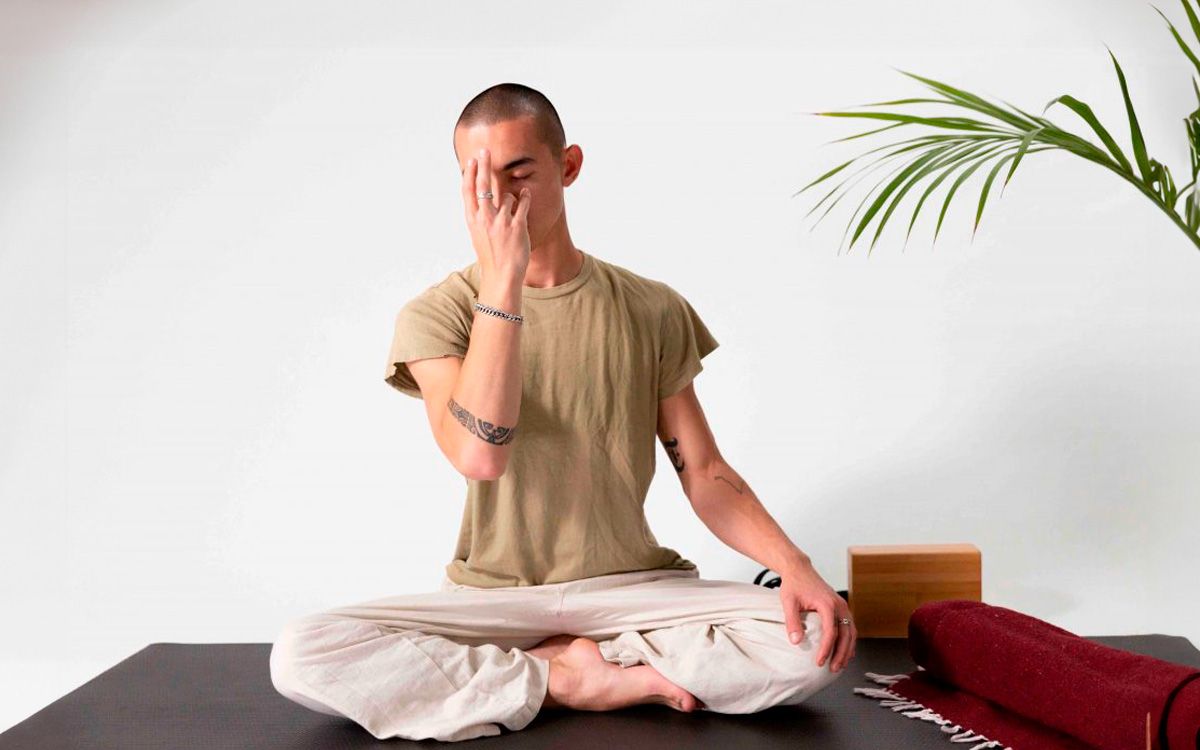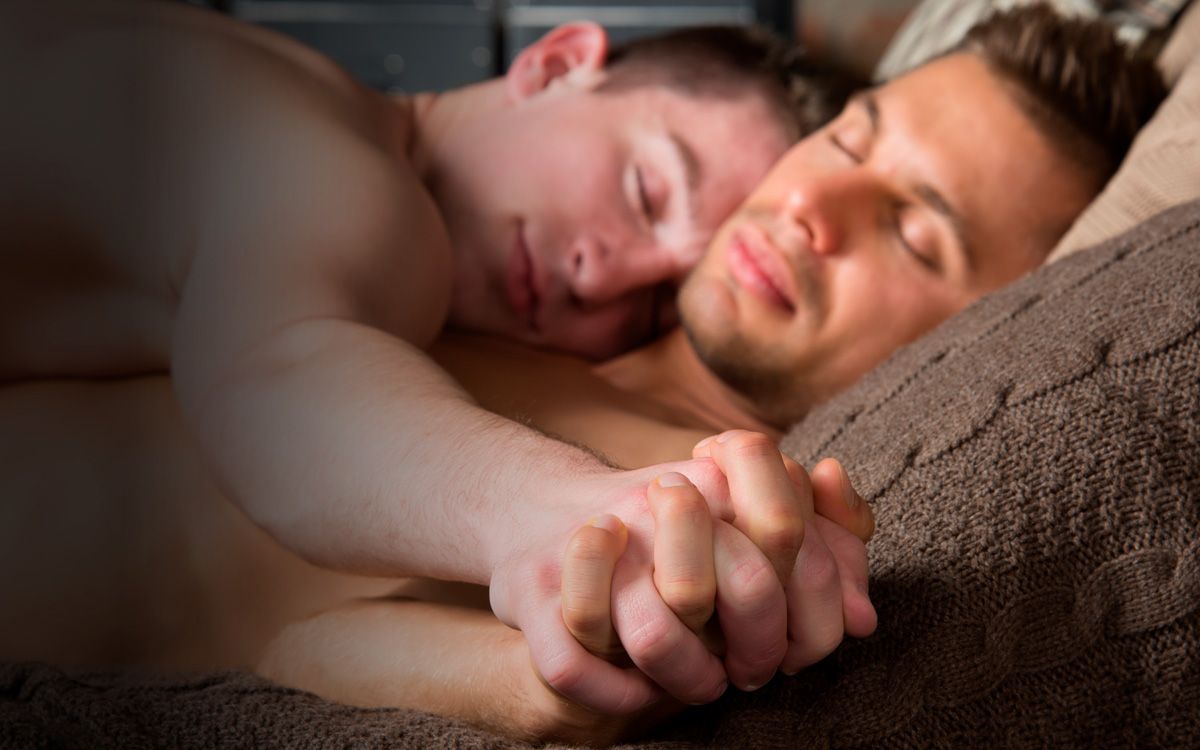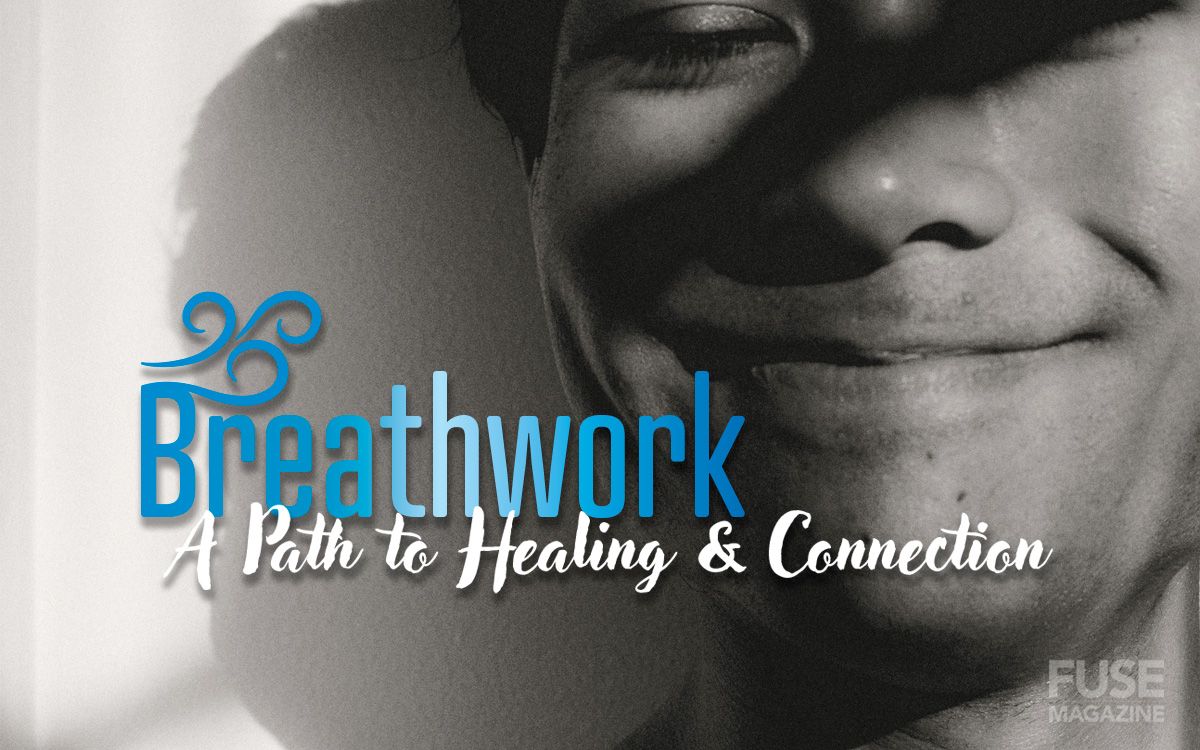The trouble with Ghosting
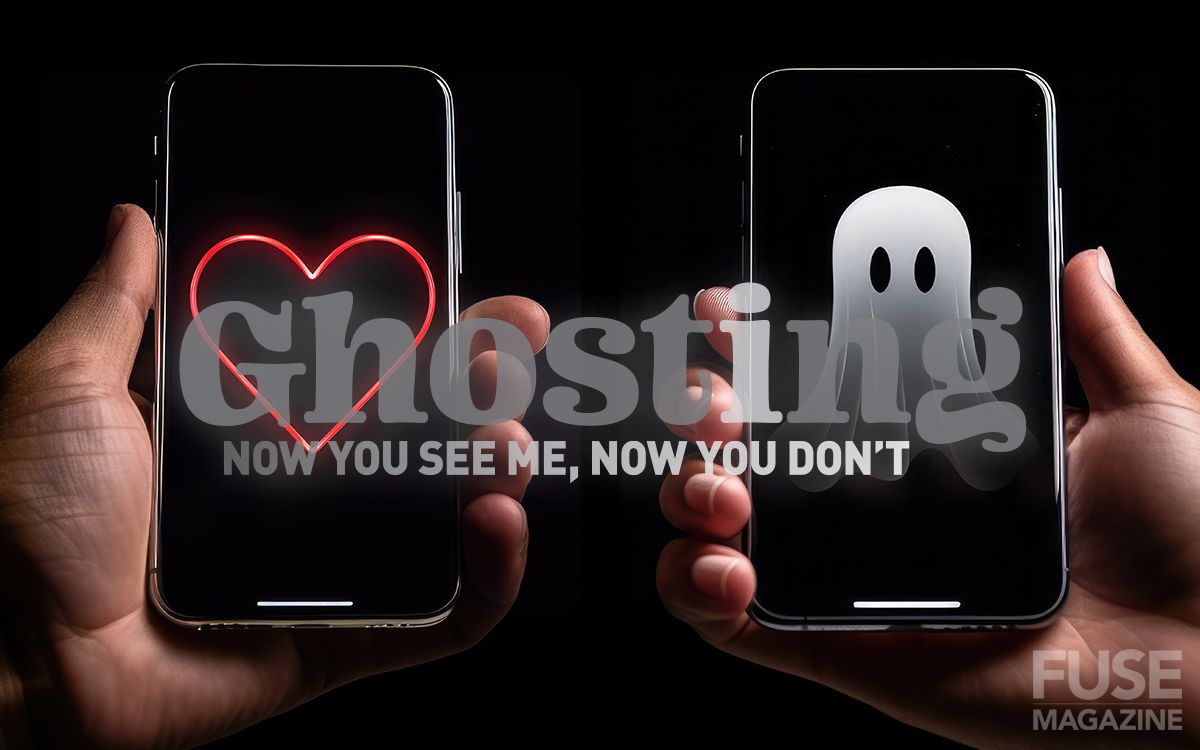
Social media and online dating apps have made looking for love and hooking up easy, but in many ways have made dating much harder and are most certainly the birthplace of ghosting. It’s time to talk about this practice, why people do it and why it's can be so damaging.
Apps like Scruff, Grindr and Tinder, and addictive socials such as Instagram, Snapchat, or even Facebook, give us countless ways of connecting with potential partners.
Online dating is a place where things can happen quickly, if not instantly, and on the flip side end just as quickly. You may find that you strike up some banter and maybe even meet up once or twice, and then suddenly all communication ceases — seemingly out of the blue. You’ve just been ghosted.
I’m of course not referring to some kind of steamy Swayze-Demi arts and crafts involving the supernatural, but the growing trend in modern dating when one person, who previously expressed keen interest, ends
any further contact without warning. It can leave the ‘ghost-ee’ upset, confused and wondering where it all went wrong.
From my own experience, I think it’s pretty safe to say that most people in the online dating scene — particularly younger people — have likely acted as ghost-er or ghost-ee.
Although I understand why we often take the easy way out, this phenomenon, especially within the queer community, is a little perplexing.
A staggering 50% of people who use dating apps admit to both ghosting someone or being ghosted. Many users say they are in constant fear of ghosting and become anxious when people don’t answer them.
LGBTIQ people have a history of rejection from a variety of sources and often know the feeling all too well, so the fact that we then turn around and do it to each other can seem more than a little disconcerting. Often the rejected partner is left feeling hurt and confused, with little or no clear reason for the sudden isolation they find themselves in.
Ghosting can appear rude, cowardly and heartless at its worst, but the simple fact is that sometimes it’s easier to end any contact abruptly than actually face somebody about not wanting to continue a relationship. In a mindfield of emotions, hook-ups and relationships, ghosting is an easy way out and it only takes a few clicks.
There are lots of reasons we might want out. Maybe that sexy lad you had been exchanging naughty pics with looks suspiciously different when you meet face to face, perhaps there just isn’t chemistry, maybe you meet someone new and merely decide *that* grass is greener, or maybe that potential match starts to show signs of being a little bit unhinged.
17% of dating app users say they’ve ghosted someone because they did not live up to their profile pics or they thought they were dishonest.
The online dating world offers wonderful opportunities for meeting the person of your dreams, but we are increasingly desensitised to the feelings of others, as people are reduced to profiles that can be instantly ‘swiped’ or ‘blocked’.
Often it feels easier to avoid confrontation altogether when things don’t seem to be going in the desired direction. No one likes possibly hurting someone, break up texts or crying, but still, I would argue that ghosting is ‘the coward’s way out’.
Truth can hurt for a short time, but having no closure can cause long-term emotional damage to the ghost-ee.
I would hope that as an already victimised and potentially isolated community
we would not wish to extend that to our dating lives, but the more I hear from friends about their experiences on both sides of the ghosting fence, the less I’m convinced that we have each other’s backs. Maybe it’s a power thing, that in the dog-eat-dog world of online dating we know that sooner or later rejection will come our way, so we might as well get in on the action whenever we can to ‘balance things out’ in a way.
Will things change? It’s hard to say, considering our increasing dependence on our devices for making connections.
If you are ghosting someone, keep in mind it is emotionally hurtful and can easily be avoided with an open honest talk with someone. If you at once liked someone enough to chat, hookup, date or have a full-fledged relationship with them, you should respect them enough to tell them the truth.
Perhaps we can try to be friendlier ghosts. It worked for Casper.



